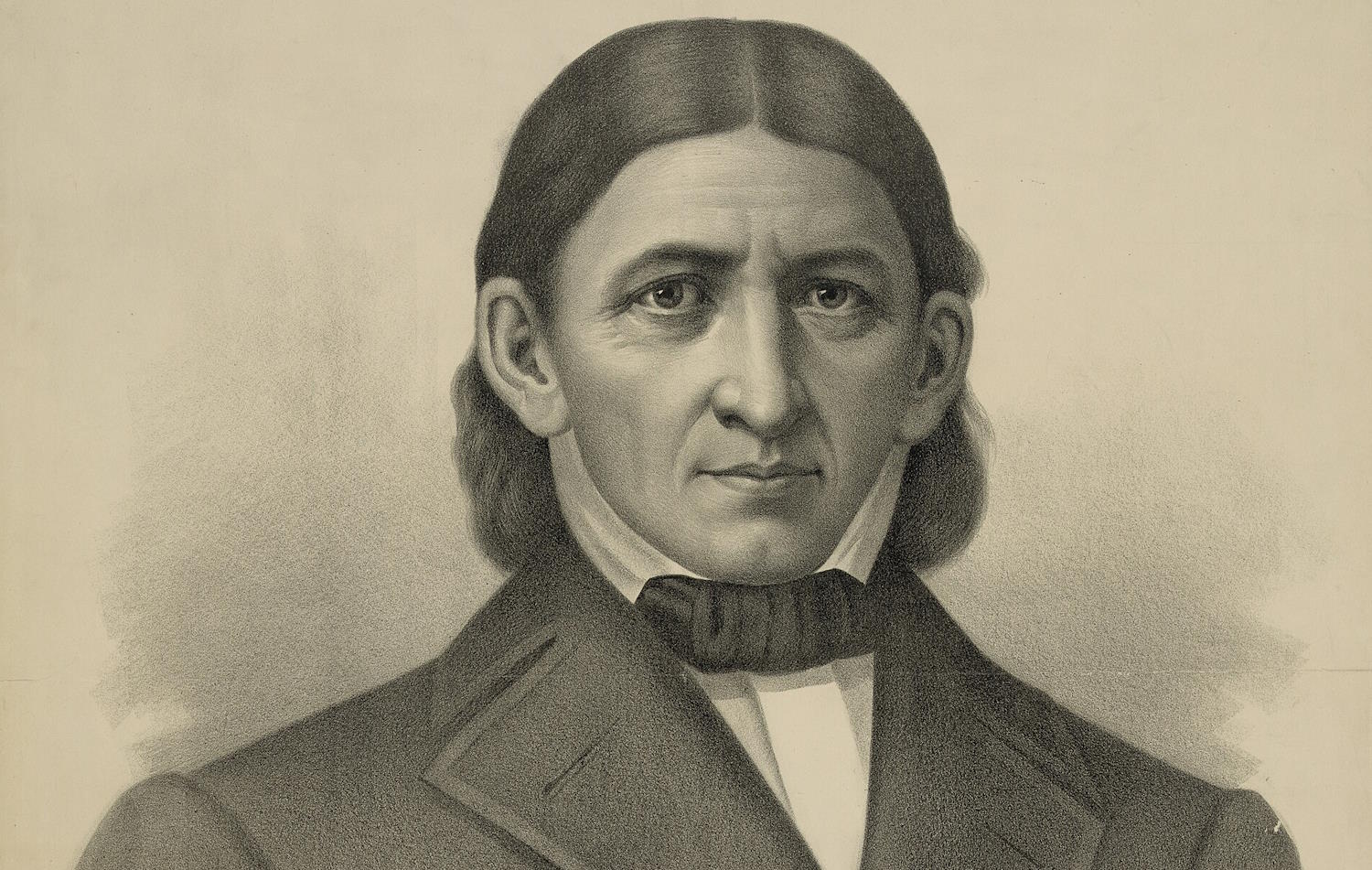Friedrich Froebel (Fröbel). Best known for his work on kindergardens and play, Froebel has a lot to say for informal educators.
Friedrich Wilhelm August Froebel (Fröbel) (1782 – 1852). Friedrich Froebel, the German educationalist, is best known as the originator of the ‘kindergarten system’. By all accounts he had a difficult childhood. His mother died when he was a baby, and his father, a pastor, left him to his own devices. He grew up, it is said, with a love for nature and with a strong Christian faith and this was central to his thinking as an educationalist. He saw, and sought to encourage, unity in all things.
The purpose of education is to encourage and guide man as a conscious, thinking and perceiving being in such a way that he becomes a pure and perfect representation of that divine inner law through his own personal choice; education must show him the ways and meanings of attaining that goal. (Friedrich Froebel 1826 Die Nenschenerziehung, pp. 2). He came into teaching via a school run along Pestalozzian lines (and spent time at Yverdon). Friedrich Froebel’s enduring significance was through his formulation of the ‘kindergarten system’ with its emphasis on play and its use of ‘gifts’ (play materials) and ‘occupations (activities).
Friedrich Froebel believed that humans are essentially productive and creative – and fulfilment comes through developing these in harmony with God and the world. As a result, Froebel sought to encourage the creation of educational environments that involved practical work and the direct use of materials. Through engaging with the world, understanding unfolds. Hence the significance of play – it is both a creative activity and through it children become aware of their place in the world. He went on to develop special materials (such as shaped wooden bricks and balls – gifts), a series of recommended activities (occupations) and movement activities, and an linking set of theories. His original concern was the teaching of young children through educational games in the family. In the later years of his life this became linked with a demand for the provision of special centres for the care and development of children outside the home.
Froebel’s abiding influence has come in part from the efforts of followers such as Bertha von Marenholtz-Bülow and the thinkers such as Diesterweg. We have seen the development of kindergartens, and the emergence of a Froebel movement. For informal educators, Friedrich Froebel’s continuing relevance has lain in his concern for learning through activity, his interest in social learning and his emphasis on the ‘unification ‘of life.
Key texts:
Fröbel, F. (1826) On the Education of Man (Die Menschenerziehung), Keilhau/Leipzig: Wienbrach.
Lilley, I. (ed.) (1967) Friedrich Froebel: A selection from his writings, Cambridge: Cambridge University Press.
A recent book that draws together some useful material from the archives of the National Froebel Foundation is:
Bruce, T., Findlay, A., Read, J. and Scarborough, M. (eds.) (1995) Recurring Themes in Education, London: Paul Chapman Publishing.
Biographies: There have been various ‘lives’ and educational assessments. The standard German treatment is:
Kuntze, M. A. (1952) Friedrich Fröbel: Sein weg und sein Werk 2e, Heidelberg: Quelle und Meyer.
See also:
Heiland, H. (1989) Die Pädogogik Friedrich Fröbels, Hildesheim: Olms.
The English language treatments that I know are:
Kilpatrick, W. H. (1916) Froebel’s Kindergarden Principles Critically Examined, New York : Macmillan.
Lawrence, E. (ed.) (1952)Friedrich Froebel and English Education, London: University of London Press. Series of essays on key elements of Fröbel’s thought and practice.
Websites: Visit the very useful (and growing) site maintained by Bruce M. Watson – Froebel Page.
Acknowledgements: The picture of Friedrich Fröbel was sourced from Popular Graphic Arts, Public domain, via Wikimedia Commons. The image of a Fröbel Construction kit- 1782-1852- SINA Facsimile. Systems design- The Ulm school. Exhibit at Disseny Hub Barcelona- DHUB. Retrieved from Wikimedia Commons. Kippelboy – licensed under the Creative Commons Attribution-Share Alike 3.0 Unported license.
© Mark K. Smith 1997.

